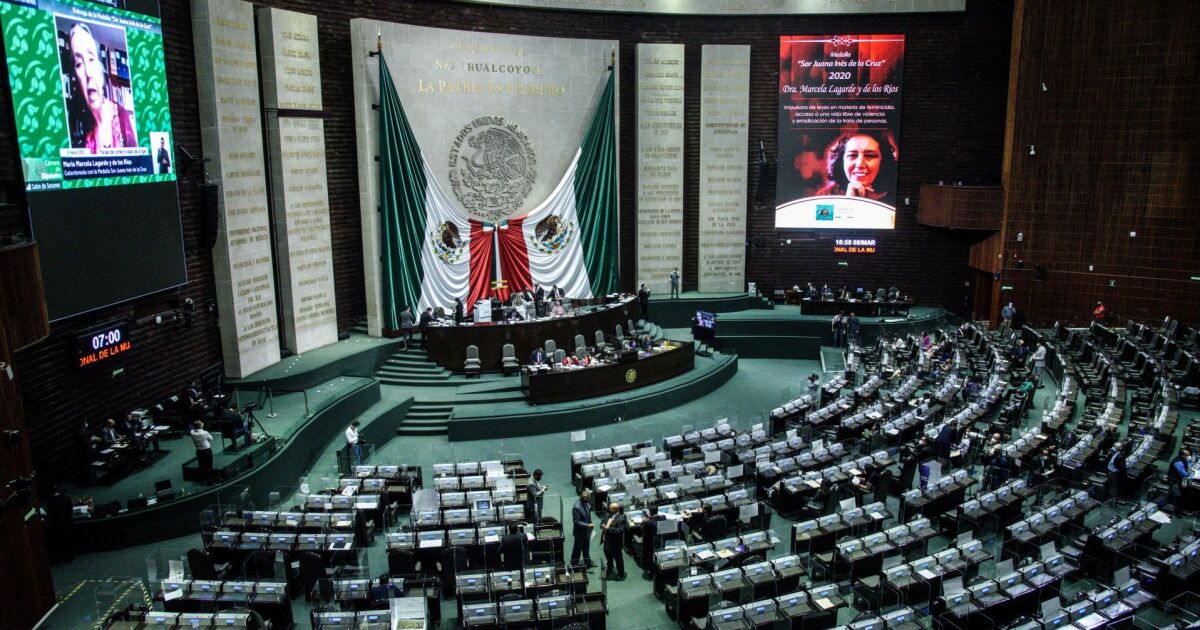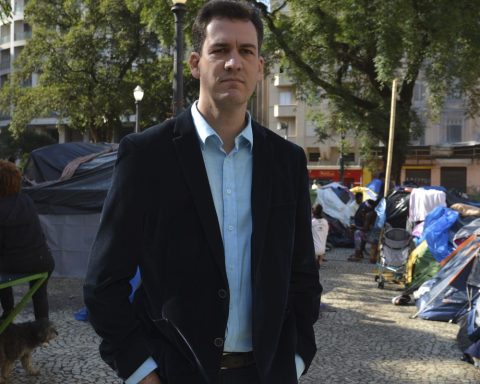There is no electoral system in the world capable of achieving perfect proportionality, and even less so a mixed system in which the majority principle predominates, as is the case in Mexico.
The indignation of some analysts and intellectuals is rooted more in a feeling than in a specialized perspective: the impotence in the face of the poor results of an opposition that should be counterbalancing the future decisions that will be made by the president-elect Claudia Sheinbaum and that will give continuity to the so-called Fourth Transformation is understandable.
The data is overwhelming. The PAN-PRI-PRD coalition won in only 39 federal electoral districts, almost the same number as Morena alone, 37. The ruling party won in 219 districts. The figures are completed by three districts for the PAN alone, one for MC and one for a candidate without a party (independent).
Recently, a group of electoral specialists –and critics of the federal government– have asked the INE to make a “systematic and functional” interpretation of the law in order to prevent Morena and its allies from being overrepresented, especially in the Chamber of Deputies.
The group met with a majority of the electoral councillors, eight of the 11, and its members defended electoral plurality, proportionality and representativeness. They were drastic in anticipating the possible effects of Morena, the Green Party and the PT having more than 300 seats: this would undermine democracy.
Jorge Alcocer explained: “Under this argument that jurists call systematic and functional, and which is harmonious with other constitutional provisions and regulations, the conclusion reached by the Citizen Observatory is that the coalition made up of the Morena, Verde Ecologista and PT parties should not have more than 300 deputies in the next legislature, which is the limit set by the Constitution and that, once this limit is applied, it must be verified that it does not have an overrepresentation as a coalition greater than eight percentage points.”
The underlying argument of those who have expressed their disagreement has to do with the idea that “not all votes are worth the same.” Although it must be said that this approach hides a certain degree of confusion: “what is very important is not to confuse voting equality, which is violated when, under equal conditions, the same votes have a different value, and proportionality, which is violated in all electoral systems in the world, to a greater or lesser extent,” warn Penadés and Pavía in their book. The perfect electoral reform (Catarata, 2016, p. 61).
The authors mentioned above – forgiving the academic itch that seems necessary on this occasion – discussed a couple of years ago what would be the best electoral reform for Spain. They made a fundamental distinction: hopefully all electoral systems in the world had two qualities, equity and proportionality, but one must understand the complexity involved in generating the mechanisms for the distribution of power.
Hence they wrote: “All votes should count equally and all options should have the same chances – that is what we call ‘fairness’. If it is a matter of allocating seats, then we may wish for the system to be proportional, but that is not a mandate for fairness.” Thus the majority principle (in which the winner wins everything and the losers do the same even by a difference of one vote) can respect fairness as much as the principle of proportional representation: “there are things that are not negotiable, but proportionality is” (p. 9).

















